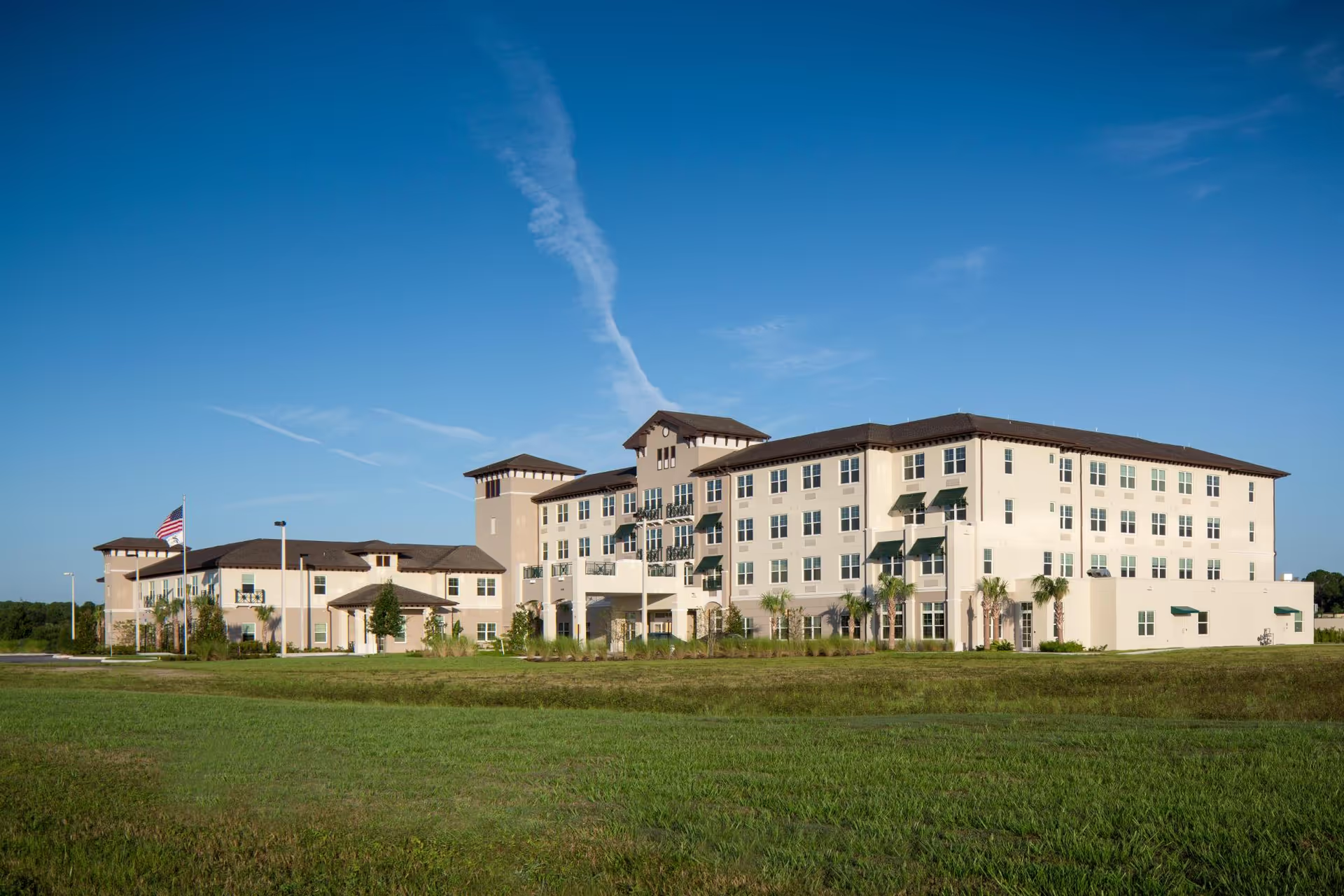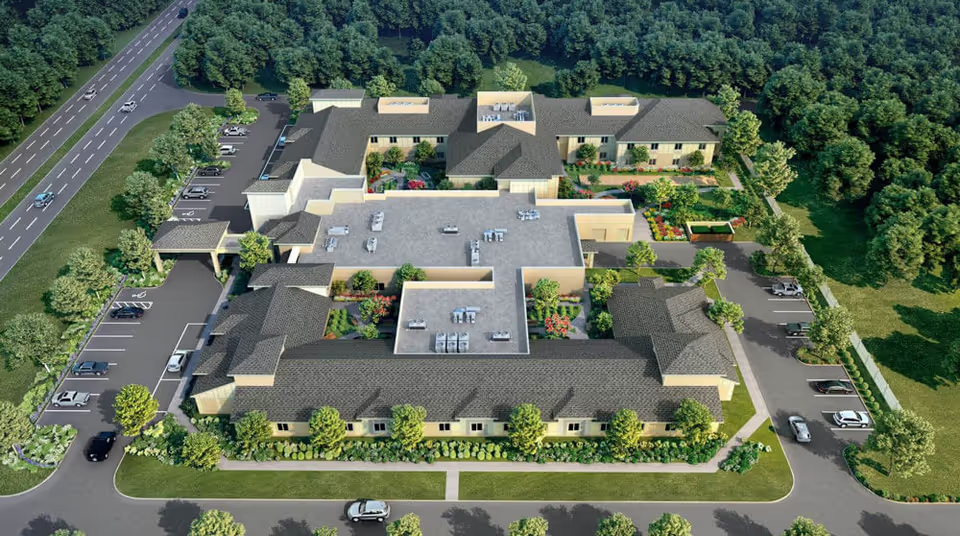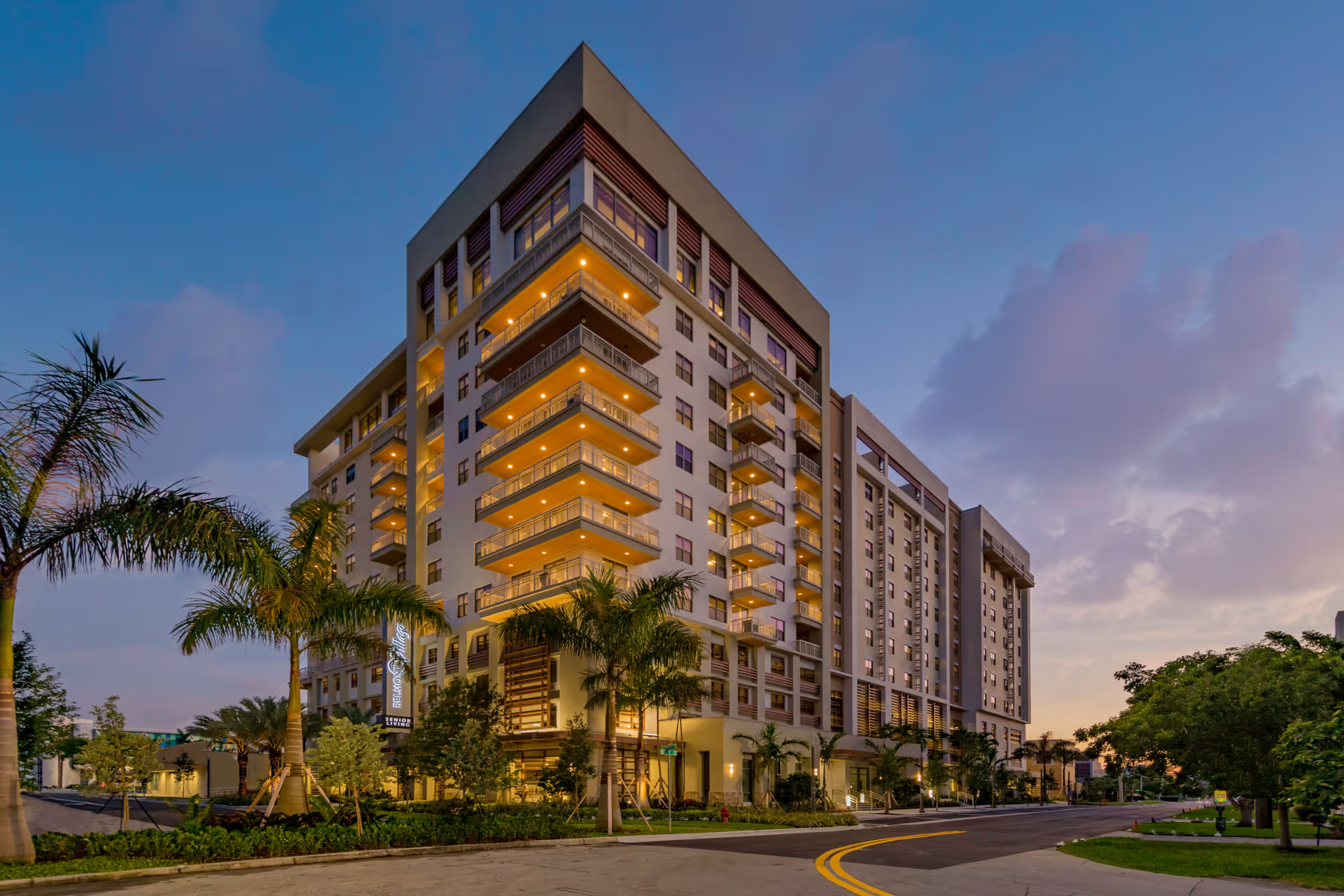Overall sentiment across reviews is mixed but strongly polarized: a large proportion of reviewers praise Windsor Reflections Memory Care of Lakewood Ranch for its attractive, well-maintained facility, strong activity programming, and many compassionate, attentive staff members, while a substantial minority report serious and sometimes alarming lapses in care tied to staffing instability and turnover. Positive reviewers repeatedly describe a bright, secure, freshly remodeled environment with clean common areas and rooms, engaging programming (art, music, pet visits, outings, and family nights), and helpful maintenance and dining teams. Many families credit named individuals — directors, the activities director, and kitchen staff — with proactive communication, excellent meals, and personalized attention that improved residents’ physical and mental wellbeing.
Care quality perceptions vary considerably by reviewer and by time period. Numerous accounts indicate high-quality, specialized memory care with in-house physicians, therapy services (PT/OT), post-hospital support, and a whole-person approach to residents. Staff are frequently described as warm, family-like, and invested in residents’ comfort. However, several reviewers recount more serious problems: missed medications, wrong medications, slow or absent responses to resident falls, delayed or missed hygiene (showers), and even bed sore development and hospitalizations. These more severe incidents are often linked explicitly to staffing shortages, agency staff usage, or rapid turnover, and some families say care declined following administrative changes.
Activities and social life are consistently a strength. The activities program receives high marks for breadth and frequency: multiple daily programs, arts and crafts, music, outings (coffee shops, picnics, circus trips), pet and puppy visits, and monthly family nights. Reviewers single out the activities director(s) as exceptional and credit programming with improving resident engagement and mood. The community’s layout and design—easy to navigate, secure, and comfortable—support these programs and promote resident interaction.
The facility, maintenance, and cleanliness are also themes with predominantly positive feedback: many reviewers call the community sparkling clean and well-maintained, praising recent remodeling, nice dining and common areas, and responsive maintenance staff. Yet there are recurring counter-reports: some common spaces had dirty carpets, unpleasant odors, bugs, or urine smell. These lapses appear intermittent rather than constant, but they are notable because they contrast with the many mentions of an otherwise immaculate community.
Dining and food quality yield mixed responses. Numerous families compliment the chefs and kitchen staff, describing great meals and named kitchen managers. Family dinners and social dining events are seen as valuable. Conversely, a subset of reviewers strongly criticizes meal quality, calling food unhealthy, unappetizing, or overpriced and noting loss of appetite in residents. This split suggests inconsistency in food quality or differing expectations among families.
Management, communication, and staffing are central to the divergence of experiences. Several reviewers praise specific administrators and managers (by name) for responsiveness, helpfulness, and improving family communication. At the same time, many complaints pinpoint staffing shortages, high turnover, use of agency staff unfamiliar with residents, and administrative changes that coincide with declining care. Communication failures are also cited around hospice coordination, medication management, and timely updates. Safety-related concerns (falls not checked promptly, missed meds, bed sores) are reported often enough to be a serious pattern for prospective families to note.
Disease-specific care needs emerged as an important nuance: while the community is repeatedly praised for dementia and memory-care expertise, several reviewers pointed out gaps in training and knowledge for other neurological conditions such as Parkinson’s disease. Complaints include staff dismissing Parkinson’s-specific needs, forcing inappropriate walking, or lacking broader disease knowledge beyond dementia. Accessibility concerns (limited wheelchair accommodation on trips or bus rides) were also raised.
Cost and contract issues appear repeatedly: many reviewers consider the care worth the premium and praise the family support and programming, but others highlight high monthly costs, hidden fees, and pricing that some find excessive. Logistics and security practices drew attention too: a number of visitors noted locked doors requiring staff to open them and occasional long waits at the front desk or for entry/exit.
In conclusion, Windsor Reflections Memory Care of Lakewood Ranch receives many strong endorsements for environment, activities, compassionate staff, and memory-care specialization. At the same time, consistent and recurring concerns about staffing levels, turnover, care consistency (including medication errors and response to falls), food inconsistency, and occasional cleanliness or odor problems create a split picture. Prospective families should weigh the abundant positive reports about facility, engagement, and several standout staff members against the documented adverse incidents linked to staffing instability. Recommended focus areas for the community based on these reviews are: stabilize staffing and reduce agency reliance, strengthen staff training in non-dementia conditions (e.g., Parkinson’s), improve medication and fall-response protocols, ensure consistent dining quality, and tighten communication with families and hospice providers. These steps would address the most frequently cited negatives while preserving the many strengths families appreciate.







